There is a cost, and there is a price – this is what I think when I am asked the value of Christian education, from homeschooling to private Christian schooling to Christian College. As parents seek the best “fit” for their children, each option (including “free” public education) has an associated cost; there is also a price paid when a child leaves their family’s faith in worldly pursuits.
Christian education can bear tremendous fruit in the life of a child. Scripture is clear that the pursuit of knowledge for its own sake without wisdom and godly guidance has risks which could lead one off the path of righteousness (Genesis 3:6,7; Proverbs 1:7). This can be a frightening outcome for parents who are weighing educational options. What criteria should they apply when making the choices: Friends? Location? Budget? Are church programs enough to counterbalance the public school’s worldview? These questions periodically arise as finances and other life circumstances change but I ask parents to consider all the ways in which educational settings affect our children for the rest of their lives.
Scripture strongly cautions that teachers should consider their calling and the strength of their conviction before beginning the precious relationship to students: Titus 2:8 – “Teach the Truth”; Titus 2:7 – “You must be an example”; 2 Timothy 4:2 – “Preach the word of God. Be prepared… Patiently correct, rebuke…”. 1 Timothy 4:16 admonishes teachers to “Keep a close watch on how you live and on your teaching. Stay true to what is right for the sake of your own salvation and the salvation of those who hear you.”
Compare these instructions and qualifications to the majority of teachers found in “free” school, whether Voluntary Prekindergarten (VPK), International Baccalaureate High School, or Community College courses where the worldview, lifestyle, and personal beliefs of the teachers are varied and diverse. Are these people you want your child “sitting under”? Teaching is a very sacred trust. Consider carefully those under whom your child will sit, and the hours per day, week, and year that teaching will influence them.
Rather than Christian Character being well formed by age eighteen (a long-serving mark of maturity), studies show that the adolescent mind remains heavily influenced and vulnerable through age twenty-five.
Exposure to the world’s values is unavoidable, but the tsunami of worldly values and thinking which permeates general education could cause your child to question and confuse what is truth as they are forced to choose sides on worldview, historical accuracy, life choices and goals. Instead of working towards content mastery and developing life skills of logical reasoning, public speaking and writing, our students may seek to fit into the “norm” and unknowingly adopt much of the worldliness that non-Christian education presents.
I believe that our children benefit from more time to mature and more exposure to loving, thoughtful, and well-educated teachers and professors who will guide them into truth as young adults. They benefit from having mentors who offer lifelong relationships with their students and take joy in their accomplishments as they begin to teach others:
““Hold on to the pattern of wholesome teaching you learned from me—a pattern shaped by the faith and love that you have in Christ Jesus.””
PEP meets students social and academic needs by effectively combining responsibility and freedom, taking learning differences and needs into consideration in short- and long-term planning, and giving exposure to rich classical learning which supports higher learning. While the promise of Advanced Placement courses, Community College Dual Enrollment courses and other options can be attractive to parents while their children are still in High School, the trade-off for potential college credit may be the elimination of some core content learning in efforts to universalize the courses, and will certainly be absent of all Christian Worldview. Students taking the International Baccalaureate curriculum know little of American History and Civics as these are not part of their diploma program.
No matter how the Lord leads Christian parents to steward the education of their children, they must include aspects which develop true accomplishment and wisdom from learning, not merely “checking boxes”.
While PEP students develop the logic, language skills, and responsibility which should accompany learning, we believe the Godly process of student discipleship is far more valuable than the GPA. I encourage parents considering PEP to meet with current students, their parents and PEP graduates. The maturity and courtesy we saw in such students impressed our family to choose homeschooling. With your student guided by the Word of God, the Truth of the Gospel, and with godly friends and instructors, you will find the cost was worth it, and the rewards far exceed the price.
Jill Dragiff earned her master’s degree from California State University – Dominguez Hills. She was a pioneer in the homeschool movement early on and also taught humanities in the private school sector over 20 years. She has been involved in curriculum development as well as advanced testing. We are excited to say that she now teaches histories at PEP East St. Johns where she is a well-loved tutor.




